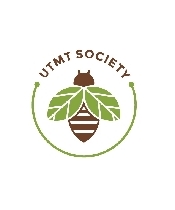
|

|
|
+918104580799 www.utmtsociety.org laxmi@utmtsociety.org |
| Project Name | Improving Tribal Livelihoods through Beekeeping | ||||||
| Amount Utilized (INR) | 36077 | ||||||
| Project Description | The funds were utilised for program management cost that facilitated the organisation to cover expenses like auditior fees accounting fees etc | ||||||
| Locations | Mumbai City > Maharashtra (MH),Palghar > Maharashtra (MH) | ||||||
| Causes | Environment > Technology development,Income > Skilling & vocational training | ||||||
| Beneficiary Group | Women,Tribal community | ||||||
| Beneficiary Description | The beneficiary we have the small-holding farmer mainly from tribal communities that practice subsistence farming. They are from the middle age groups | ||||||
| Impact | NA | ||||||
Activities Conducted
| |||||||
| Project Name | Building Sustainable Livelihoods among Tribal Communities through Beekeeping with Indigenous Bees | ||||||||||||
| Amount Utilized (INR) | 80500 | ||||||||||||
| Project Description | The overall objective of the project is to develop a develop replicable and holistic approach for promoting sustainable livelihoods for tribal through integration and blending of tested technologies and strategies of family focused and area-based programme that revolve around beekeeping with indigenous bees. Livelihood diversification is core to poverty alleviation and rural development. A large portion of the rain-fed area (65% of arable land) in India is characterized by low productivity, high risk and uncertainty, low level of technological change and vulnerability to degradation of natural resources; hence pollination is a significant factor. The project, is undertaken in districts, which have a significant tribal population and BPL households. Multi-dimensional poverty is the major hurdle in policies designed for inclusive growth of the population of these districts facing crucial deprivations. The project focuses on creating a cadre of beekeepers who can increase pollination cover of villages while simultaneously being able to increase yields of their crops and neighbours’ crops. The project also aims to improve seasonal beeflora cover in the project villages to increase the green cover. In doing so, it will explore the synergies with UTMTS’s Bee for Poverty Reduction model (BPR) and increase incomes for these households. | ||||||||||||
| Locations | Madhya Pradesh (MP), Maharashtra (MH), Gujarat (GJ) | ||||||||||||
| Causes | Environment | ||||||||||||
| Beneficiary Group | Tribal community | ||||||||||||
| Beneficiary Description | 1587 individuals | ||||||||||||
| Impact | 1) Farmer community sensitised about bees and beekeeping and it’s significance in agriculture. 2) Approximately 1587 farmers trained in beekeeping with indigenous bees. 3) Reduction in unsustainable honey hunting practices. 4) Promoting pollinator population- indigenous bees. 5) Enhanced green cover of the areas with bee-flora intervention. | ||||||||||||
Activities Conducted
| |||||||||||||
